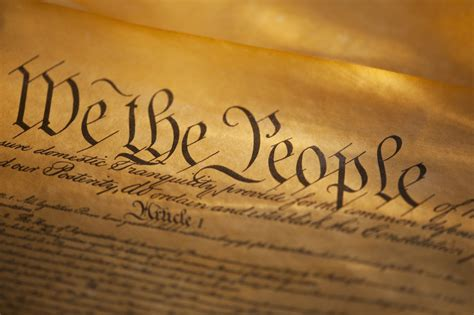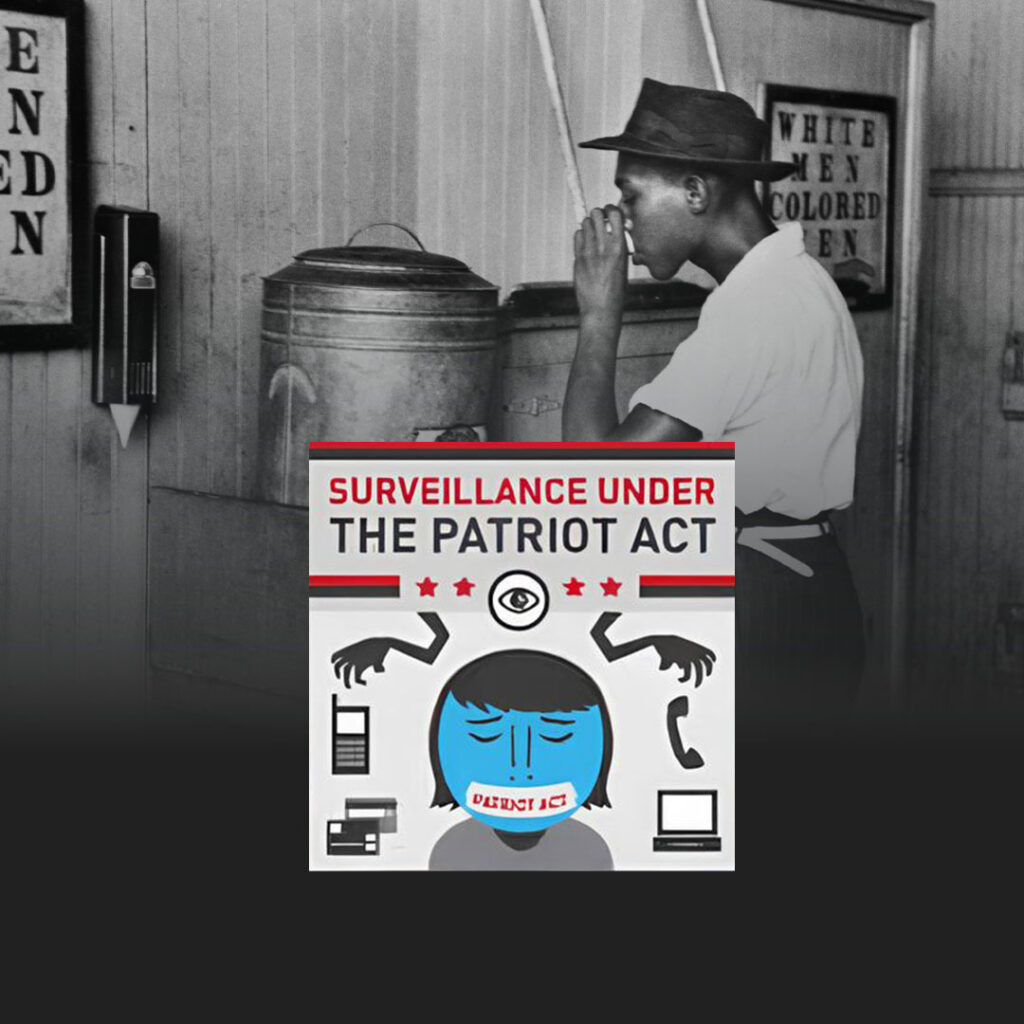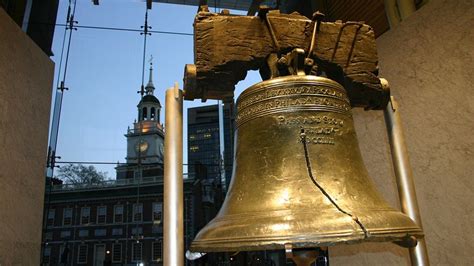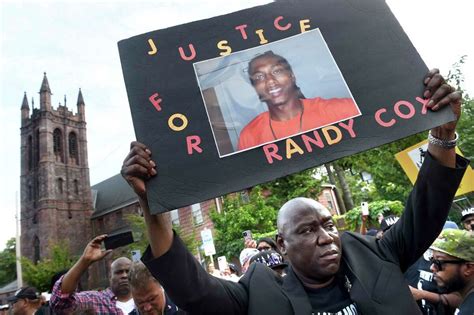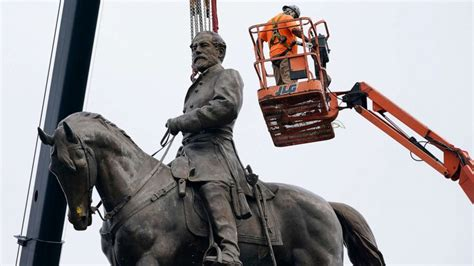Upholding the Constitution: A Foundation for National Progress
In the heart of American democracy lies a document that has weathered the test of time, not merely as a relic of the past but as a living testament to the ideals and principles upon which the nation was founded. The Constitution of the United States, a blueprint for governance and liberty, enshrines a unique commitment not to individuals, corporations, or special interest groups, but to the principles and structure it outlines. This commitment is not just ceremonial; it is a solemn vow by sworn and elected officials to defend and protect the Constitution itself. This paper delves into the significance of this pledge, exploring why the defense of the Constitution is paramount and how, when faithfully upheld, it serves the betterment of the nation and its allies. The Constitution of the United States is more than just a set of laws or rules; it is a foundational document that outlines the ideals and principles upon which the entire American system of government is based. It provides a framework for the distribution of power, the protection of individual rights, and the limits of government authority. The Constitution is not an abstract concept, but a living document that guides the actions and decisions of government officials at all levels. The commitment to uphold and defend the Constitution is not simply a formality or a symbolic gesture. It is a solemn oath that elected officials take when they enter office, pledging to uphold the principles and values enshrined in the Constitution. This commitment is essential for maintaining the rule of law, ensuring government accountability, and protecting the rights and liberties of all Americans. When the Constitution is faithfully upheld, it serves as a safeguard against tyranny and abuse of power. It ensures that the government remains accountable to the people, that individual rights are protected, and that the rule of law prevails. By defending the Constitution, elected officials are not just upholding a legal document; they are upholding the values and principles upon which the nation was founded. Furthermore, the defense of the Constitution is not just a domestic concern; it also plays a crucial role in the nation’s relations with its allies and the international community. The United States’ commitment to the rule of law, democracy, and human rights is reflected in its adherence to the principles outlined in the Constitution. By upholding these values at home, the United States sets an example for other nations and strengthens its standing as a pillar of democracy and freedom in the world. The Constitution: A Contract Between “We the People” and Their Government At its core, the Constitution represents a contract between the people and their government, stipulating that the government derives its power solely from the consent of the governed. This foundational principle ensures that the government remains a servant of the people, bound by the limits and duties prescribed within the document. It is a safeguard against tyranny, ensuring that no entity or individual can usurp the power that rightfully belongs to the people. The oath to “support and defend the Constitution of the United States against all enemies, foreign and domestic” underscores a profound acknowledgment: the enduring strength of the nation lies not in its military might or economic power but in its unwavering commitment to constitutional governance. This pledge is a recognition that the Constitution, with its separation of powers, checks and balances, and Bill of Rights, is the bedrock upon which the liberty, prosperity, and security of the nation rest. Defending the Constitution ensures that the government operates within its defined boundaries, respecting the rights and freedoms of its citizens. It is a defense not of the status quo, but of the principles that enable progress, innovation, and the peaceful transfer of power. It is a commitment to a set of ideals that transcends partisan lines and unites the nation under a common banner of liberty and justice. The Constitution and National Betterment When the Constitution is properly upheld, it acts as a catalyst for the betterment of the whole. It does so by ensuring that the government remains responsive and accountable to the people, thereby fostering trust and cooperation between the governed and their governors. This trust is essential for collective action, enabling the nation to address challenges, seize opportunities, and work toward a more prosperous and equitable future. Moreover, the Constitution’s emphasis on the rule of law and equal protection under the law ensures that all citizens, regardless of their background or beliefs, have the opportunity to contribute to and benefit from the nation’s progress. By protecting the rights and freedoms of individuals, the Constitution empowers citizens to innovate, express themselves freely, and participate fully in the political process. Global Influence and It’s Moral Imperative The principles enshrined in the Constitution also have far-reaching implications beyond the nation’s borders. As a global example of democracy, the United States, guided by its constitutional values, has the potential to inspire and support the advancement of freedom and democracy around the world. Allies of the United States look to its commitment to constitutional principles as a model for governance and as a basis for mutual respect and cooperation. The defense of the Constitution goes beyond just a legal duty; it is a moral imperative that is essential to maintaining the foundation of American democracy. The Constitution embodies the core principles of democracy, equality, and individual rights that are fundamental to the American identity. By upholding the Constitution, elected officials reaffirm their commitment to ensuring that the government remains accountable to the people and operates in their best interests. When the Constitution is defended and adhered to, it ensures that the government remains “of the people, by the people, and for the people,” as Abraham Lincoln famously stated in the Gettysburg Address. This commitment to democratic principles fosters national unity, social cohesion, and a sense of collective purpose among citizens. It also serves as a safeguard against the misuse of power and tyranny, protecting the rights and liberties of
Upholding the Constitution: A Foundation for National Progress Read More »
